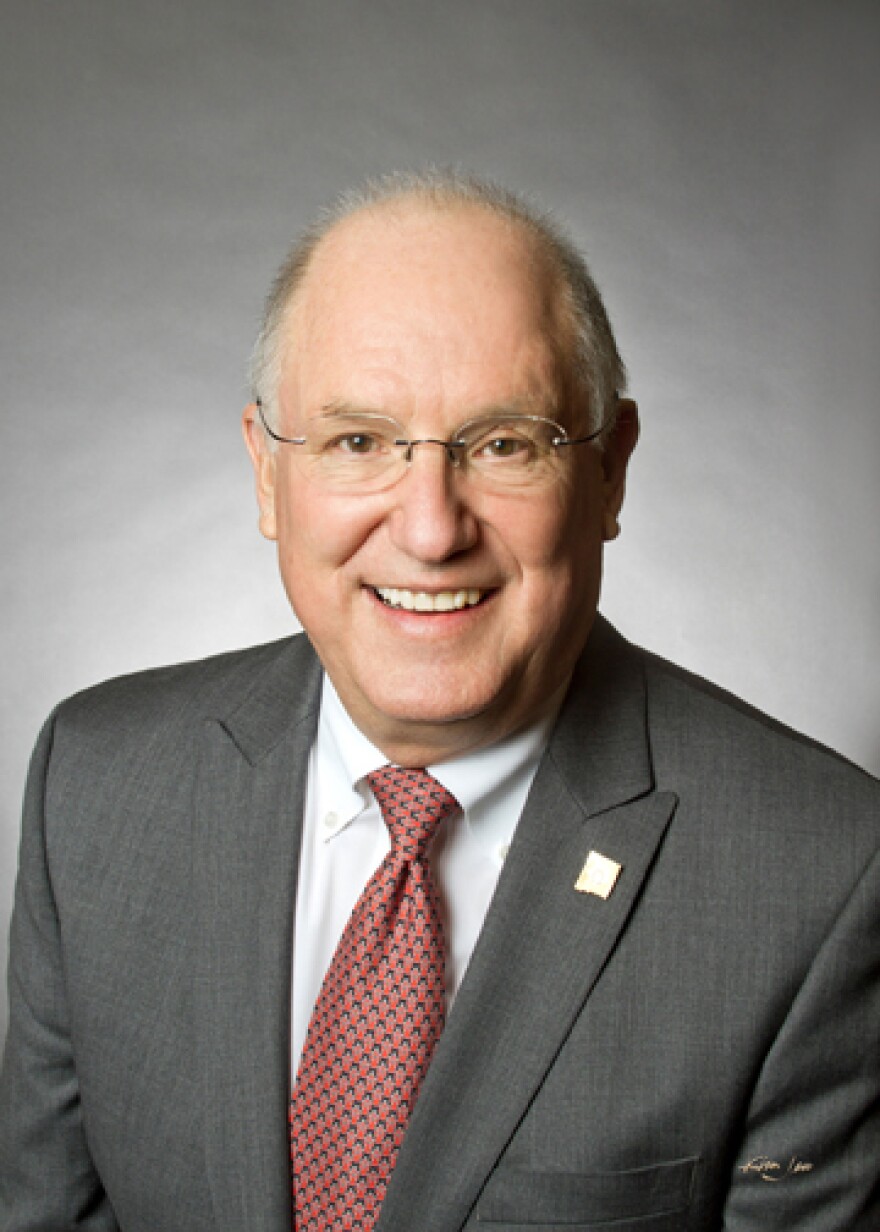When emergencies suddenly occur in our lives, no one is more important to us than the firefighters and paramedics who rush to our aid without hesitation. When fires break out at structures in Albuquerque or occur in our national forests, when there is an automobile accident on I-40, or when someone is having a heart attack, we count on these dedicated public employees of city and county governments whose work may mean the difference between life or death.
Our state’s leaders should not be making their jobs harder. But that is what is happening today. Governor Susana Martinez recently vetoed a bill that guaranteed key constitutional protections of this special group of New Mexicans. House Bill 254, the Hazardous Duty Officers’ Employer-Employee Relations Act, would have forbidden employers of firefighters from releasing their statements made under compulsion during internal investigations to third parties outside the investigation, i.e. to news reporters.
Why is this important?
Responding to emergencies is a complex job. It is not unusual afterwards for a firefighter or paramedic to be called in and ordered to give a statement of fact or opinion that may later be used against him in disciplinary proceedings, but without fear of criminal charges.
Such compelled statements are called “Garrity statements”, named after the case known asGarrity v New Jersey. The case established rules governing internal investigations of public employees. The U.S. Supreme Court ruled then that Fifth Amendment protections against compulsory self-incrimination must be applied to public employees, just like everyone else. Firefighters and paramedics know that as a condition of employment they can be required to answer questions about fellow officers or risk job termination for refusal to comply.
To cut through the confusion as to whether compelled statements given during internal investigations are confidential or not, HB 254 was introduced by Republican Representative Paul A. Pacheco (R-23-Bernalillo and Sandoval) in the regular Session of the legislature. It clarified that the compelled statements of a firefighter or paramedic may not be released by an employer to the public without a court order to do so. The bill was consistent with the principles established in Garrity v New Jersey. It passed both chambers overwhelmingly (unanimously in the Senate) in March, a real bipartisan moment.
The Governor trumpets her support for the men and women who protect the public safety of New Mexicans. Her short-sighted veto of HB 254, however, may produce harmful consequences for the quality of our public safety. It will make it harder to get to the truth during internal investigations of how firefighters and paramedics are doing their jobs. The confidentiality of Garrity statements helps managers of fire departments investigate problems that occasionally arise. The Governor’s veto increases the ambiguity about firefighters’ rights.
After the veto, these public employees may no longer feel comfortable reporting fraud and corruption in local government. The use of witness protection as a tool in internal investigations is weakened, and morale and the esprit de corps of fire departments across the state may be hurt.
New Mexico depends on a strong and effective force of firefighters and paramedics to serve our communities. They do hard and hazardous work to make life better for the rest of us. When it comes to their rights and protections, partisan politics should be set aside.


